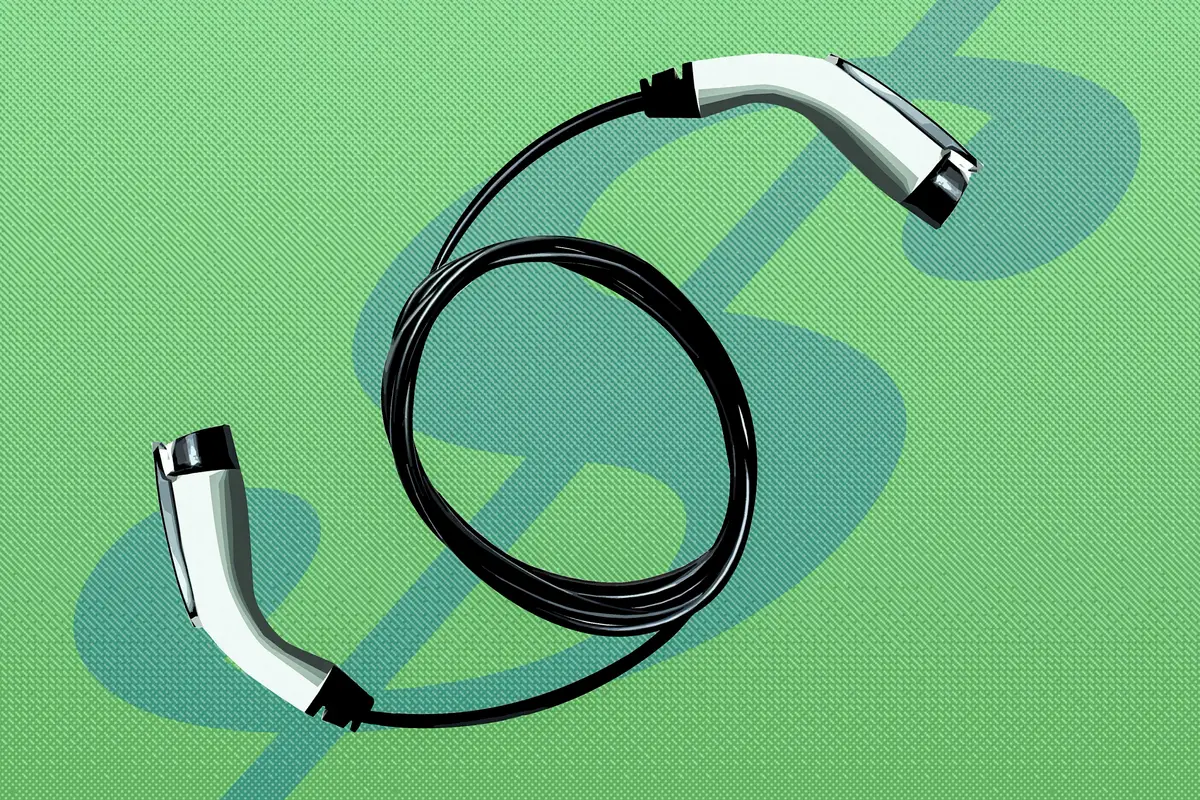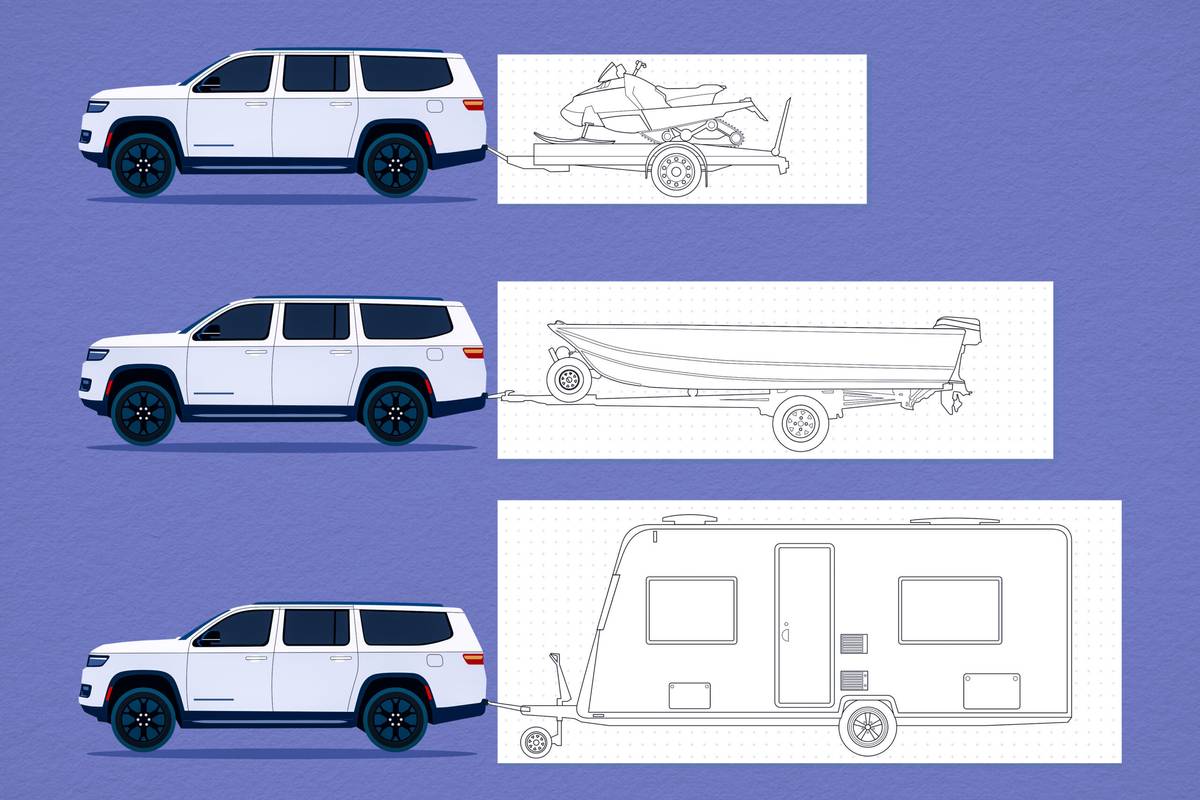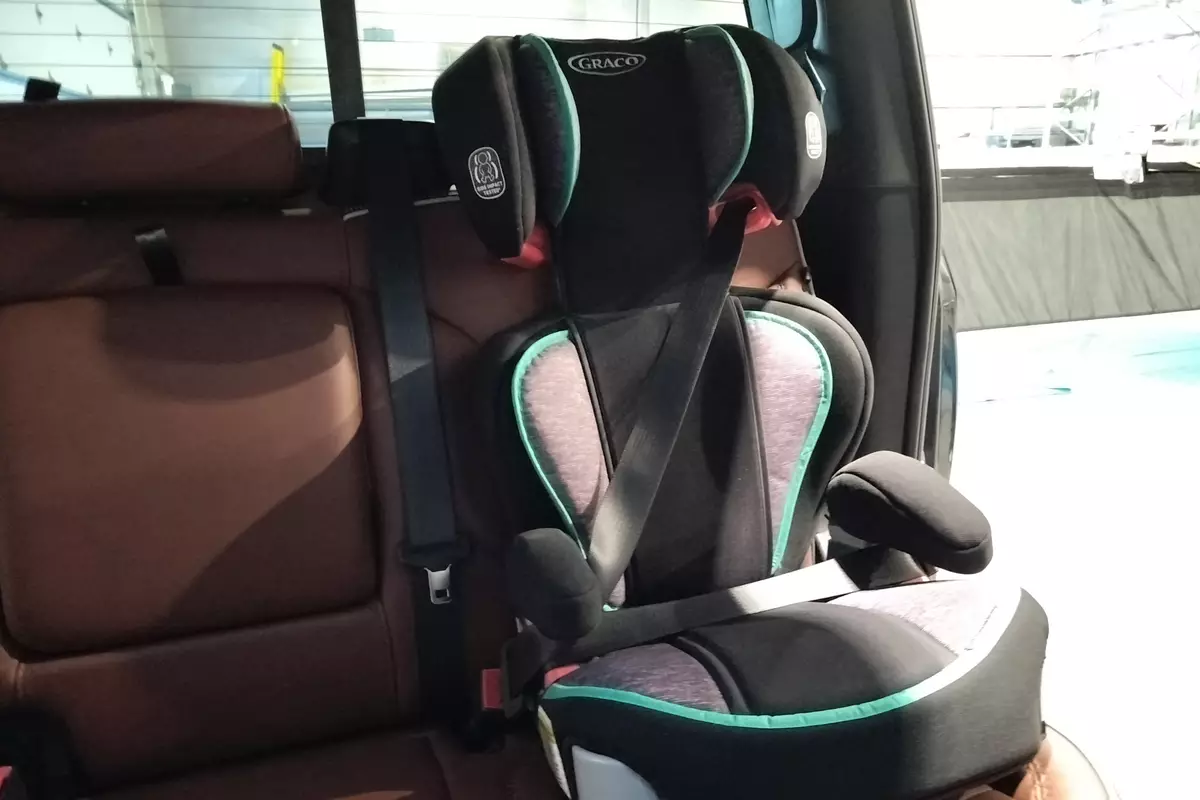Video: 2012 GMC Yukon XL
By Cars.com Editors
August 14, 2012
Share
About the video
The 2012 GMC Yukon XL isn’t particularly fuel efficient, but if you need to haul around a full crew and tow a boat, nothing else can really compare…that is until you check out the Yukon’s cheaper cousin, the Chevy Suburban, according to Kelsey Mays.
Transcript
(upbeat music) <v Announcer>Cars.com auto review. (upbeat music) Hi, I'm Kelsey Mays for cars.com, and we just spent about $90 filling up this GMC Yukon XL. The receipt says, thank you, have a nice day. Figures.
If you're gonna take your kids and pile them in for a road trip, just make sure if you have a Yukon XL that you bring Benjamin with you. (cash register ringing) If that surprises you, well, just look at the name. It says XL. This thing is 222 inches long. That's about 20 inches longer than a regular length Yukon. And believe it or not, the Yukon XL's EPA gas mileage, about 17 miles per gallon combined with the base V8, is better than competitors like the Toyota Sequoia, and the Ford Expedition EL Plus it has tons of cargo room and pretty good towing capacity. If you don't need that stuff, get a crossover SUV like the GMC Acadia, or maybe a Ford Explorer or a Honda Pilot. Those get two to five miles per gallon better in combined EPA ratings. But if you do need these capabilities, something like this might make sense. The Yukon XL is a fairly heavy SUV. It's about 200 pounds heavier than a regular length Yukon, weighing close to about three tons for our four-wheel drive test car right here. GM's 5.3 liter V8 isn't really up to the task of pulling that very confidently. It kind of lumbers off from a starting stop, requires a lot of reserve power to keep up highway speed. I put in six adults including myself, and it required just about everything that the drive train had to keep up speed on the interstate. The six speed automatic is standard. It's a little bit choosy with the gears too. It hunts a lot for gears. Doesn't really have you a lot of times in the right one. The Expedition EL is similarly slow, but the 5.7 liter Toyota Sequoia is a lot quicker if you're willing to sacrifice a few miles per gallon. Now the Yukon XL does benefit from a roomy cabin and a comfortable suspension. Our test car has an optional adaptive suspension that filters out bumps really well. There's plenty of room in the cabin behind the third row. There's about 45 cubic feet of cargo volume. That's plenty of room for all the crap that your kids are gonna throw in the back. If you take out the third row, it's a little bit of a chore. Each of the 50/50 split third row seats weighs about 50 pounds a piece. That's comparable to the second row captain's chairs in a minivan. But if you take them out and you fold down the second row seats, you're looking at about 137.4 cubic feet of maximum cargo volume. That is minivan territory. No minivan can touch the Yukon XL's towing capacity. Most drive trains max out around 8,000 pounds. And there's a Yukon XL 2500 with a six liter V8 that maxes out at 9,600 pounds. That beats the Expedition, and the Toyota Sequoia doesn't even come close. The penalty though is gas mileage, and the Yukon XL 2500 gets, ready for it? 12 miles per gallon. (cash register ringing) Mm, oil. So if you need all of those capabilities, it's worth considering a Chevy Suburban. That's the Yukon XL's corporate twin from the Chevrolet side. And it costs a little bit less. Now, the Yukon XL does have a few extra standard features, and there's a Denali version with a 6.2 liter V8 that's unavailable in the Suburban. But really these are both very, very similar SUVs. So unless you're getting the Denali or your GMC dealer's offering a steep discount that the Chevy dealer across town isn't, it's hard to see why you wouldn't go with the Suburban. (upbeat music) <v Announcer>For more car related news, go to cars.com or our blog, kickingtires.net.
Featured stories

By Cars.com Editors
July 11, 2025

By Robert Duffer
July 11, 2025

By Jennifer Geiger
July 2, 2025
